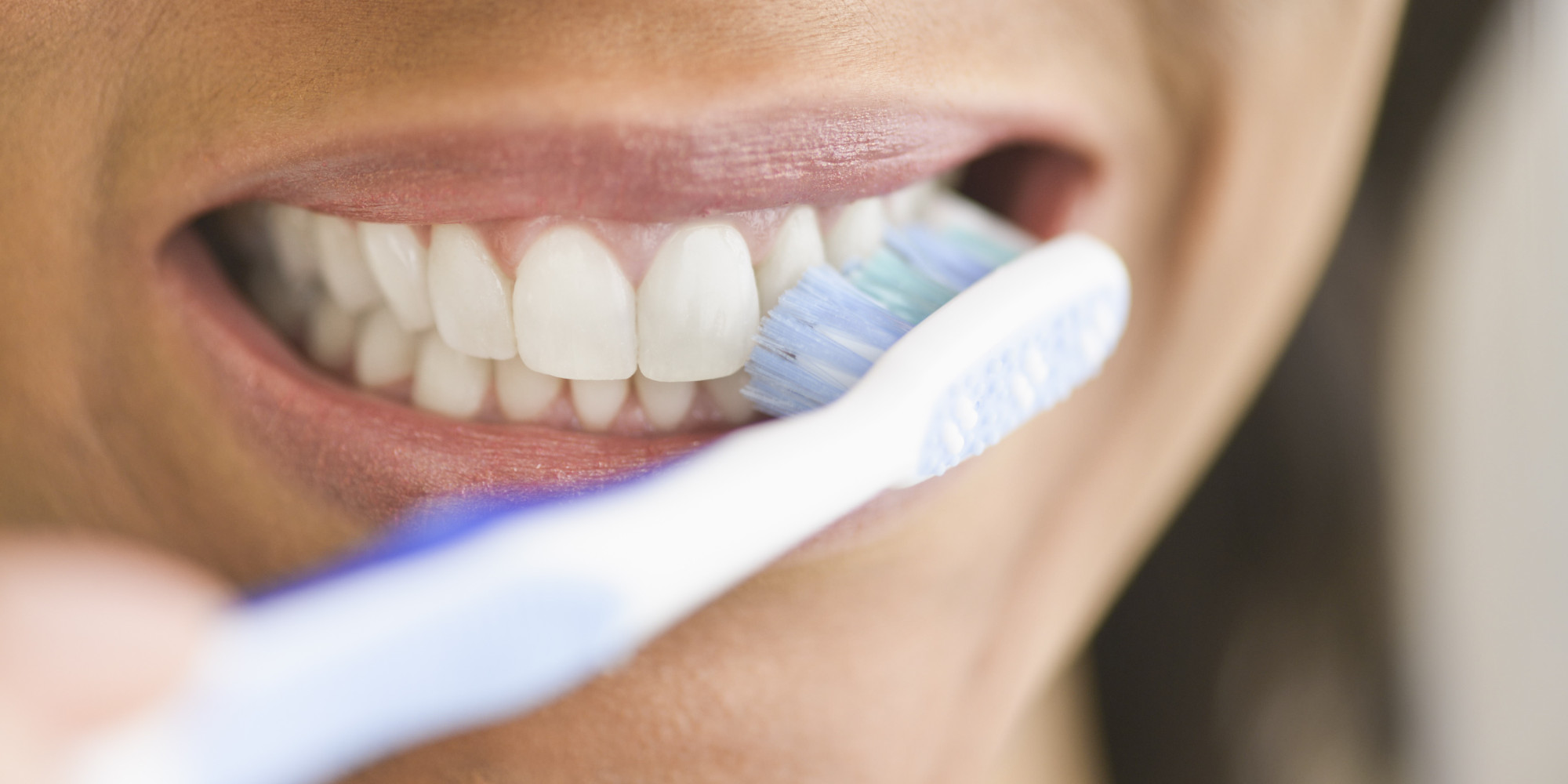 If you’re one of the many people who has suffered the loss of a tooth or had a development issue with your permanent teeth that resulted in a permanent tooth never coming up in some areas of your mouth, then you might also have suffered from low self-esteem as a result of your dental condition. This might especially be the case if your missing teeth are located in or near the front of your mouth. Instead of settling for a smile that you aren’t proud of, there are measures you can take to restore your smile and fill the gaps where you have missing teeth.
If you’re one of the many people who has suffered the loss of a tooth or had a development issue with your permanent teeth that resulted in a permanent tooth never coming up in some areas of your mouth, then you might also have suffered from low self-esteem as a result of your dental condition. This might especially be the case if your missing teeth are located in or near the front of your mouth. Instead of settling for a smile that you aren’t proud of, there are measures you can take to restore your smile and fill the gaps where you have missing teeth.
Types of Dental Implants
There are two primary types of dental implants, and the type that is best for you depends upon numerous factors. An endosteal dental implant is one that is implanted in the bone of your jaw, and this is the most common type of dental implant that most patients end up getting. This type of dental implant is an alternative option to dental bridges, dentures and plates. The other type of dental implant is known as a subperiosteal one. This is the type of implant that is placed on top of the jaw. It protrudes up through the gum line and is most often used for patients who don’t have enough jaw bone structure to support an endosteal implant. Regardless of which type of implant is best for your mouth, it’s also important that you are in good oral health and that your gums are free from disease before you undergo a dental implant placement procedure.
The Dental Implant Procedure
Just like the type of dental implant that’s right for you depends upon your specific dental situation, likewise does the procedure that you undergo depend upon the specific type of dental implant that you’re getting. For instance, if you’re undergoing a single tooth replacement dental implant, then one stud will be inserted where you’re missing a tooth, and a crown will be placed over it. However, if you’re undergoing multiple tooth replacement with dental implants, then your particular implant procedure might consist of you getting implant-support bridges or a full implanted bridge to accommodate dentures.
Regardless of the specific type of dental implant procedure that you undergo, it will consist of a consultation and collaboration between you, your dentist and an oral surgeon, all of whom will develop you an individualized dental implant treatment plan, taking into consideration your specific dental needs. When you go into the oral surgeon’s office to have the implants implanted into your mouth, you can expect to be administered a general anesthesia that will keep you asleep throughout the procedure. The oral surgeon will implant the stud into your mouth, and a temporary crown is usually placed atop it, not only for appearance’s sake but also to protect the implant and the surrounding tissue while it heals. The healing process usually takes anywhere between 6 and 12 weeks, and then an abutment is placed atop the stud, and a permanent crowned is then placed atop the abutment.
Caring for Dental Implants
 Once you complete the process of having your dental implants placed within your mouth, there is some upkeep involved in keeping your mouth healthy, just like there is with your real teeth. It’s important to see your dentist annually in order to keep a check on your implants so that if any problems arise they can be caught early on before they morph into even bigger issues. Additionally, you also need to ensure you adhere to a good oral hygiene plan that consists of regularly brushing your teeth after each meal and flossing at least once a day (preferably twice). Maintaining a healthy diet can also help keep you from developing tooth decay that, if allowed to spread, can lead to periodontal disease that can end up affecting the tissues surrounding your dental implants. As you can see, having dental implants doesn’t erase the need to maintain good oral health just like you must with your natural teeth.
Once you complete the process of having your dental implants placed within your mouth, there is some upkeep involved in keeping your mouth healthy, just like there is with your real teeth. It’s important to see your dentist annually in order to keep a check on your implants so that if any problems arise they can be caught early on before they morph into even bigger issues. Additionally, you also need to ensure you adhere to a good oral hygiene plan that consists of regularly brushing your teeth after each meal and flossing at least once a day (preferably twice). Maintaining a healthy diet can also help keep you from developing tooth decay that, if allowed to spread, can lead to periodontal disease that can end up affecting the tissues surrounding your dental implants. As you can see, having dental implants doesn’t erase the need to maintain good oral health just like you must with your natural teeth.
References:
MedicineNet. “Dental implants” Retrieved on January 19, 2016, from http://www.medicinenet.com/dental_implants/article.htm.
MedicineNet
395 Hudson Street
3rd Floor
New York, NY 10014
212-624-3700
http://medicinenet.com
American Academy of Periodontology. “Dental implants.” Retrieved on January 19, 2016, from https://www.perio.org/consumer/dental-implants.
American Academy of Periodontology
737 N Michigan Ave.
Suite 800
Chicago, IL 60611
312-787-5518
https://www.cda.org
Images:
http://www.aaid-implant.org/assets/1/7/MainFCKEditorDimension/AAID_Fig1_color.jpg
http://i.huffpost.com/gen/2046190/images/o-FORGOT-TO-BRUSH-TEETH-facebook.jpg